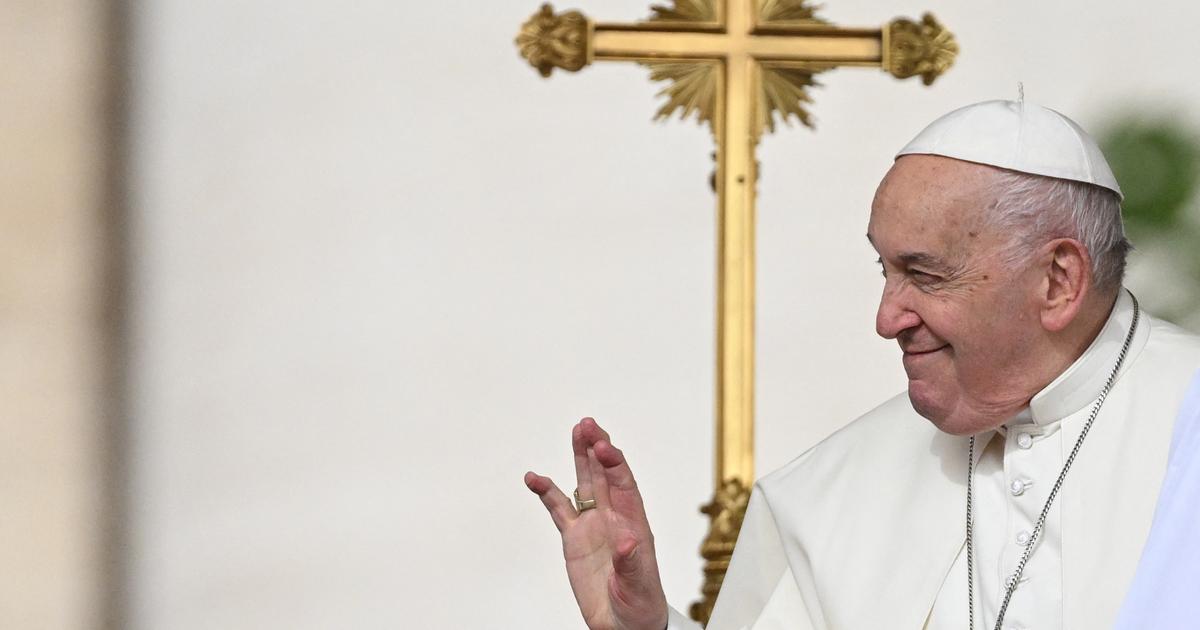After Russia launched the military operation against Ukraine, more than four months have passed, but neither the international community nor Russian intellectuals have been able to stop this catastrophe.
Nearly 10 million refugees have left their homes and fled to neighboring countries in Europe, with millions more seeking refuge in Ukraine itself.
The names of the cities of Irpén or Bucha are no longer the reflection of some happy moments of the Russian and Ukrainian past, such as those of the Nobel Prize winner Borís Pasternak (“Irpén, memory of summers, friends and freedom…”), or of the author of
The Master and Margarita
, Mijaíl Bulgákov (with his "dacha" in Bucha in his early childhood), to today become the scene of a succession of crimes.
In Russia, for its part, all free and independent media outlets have been closed down, many journalists and media outlets have been subjected to harsh conditions of existence and work, having been declared “foreign agents”.
The machinery of censorship has been set in motion: he has been forbidden to pronounce his own name.
Furthermore, under the threat of being arrested, isolated or sanctioned, the word “war” is prohibited.
Official propaganda has been launched in dimensions never seen before.
The journalists of the federal channels have become furious propagandists.
From morning to night, the population of the country has been literally poisoned by propaganda in industrial doses.
We, Russian PEN-Moscow writers, journalists and translators, in statements and joint letters with the International PEN Club, have immediately and actively expressed our disagreement with Russia's military activities in Ukraine.
But, faced with the threat of disappearing, for the moment we have been forced to choose as a priority to continue with our literary and intellectual activity.
In Russia, today's writers, like actors and directors, have split: one part has left the country, another is decidedly against the war - for even the cover of Orwell's book
1984
, a sheet with a A quote from Lev Tolstoy or some verses from Tolstoy's contemporary, Nikolai Nekrasov, can be used in a Russian court as accusatory evidence.
Some third parties remain silent in a state of shock or frightened by the repression.
But a few quarters kiss the flag of war and even write poems dedicated to this "Operation".
The space in which a journalist can express his opinion has come to nothing.
Other journalists have lost their jobs, and the writers, it would seem that, faced with bewilderment, they have remained silent
The space in which a journalist can express his opinion has come to nothing.
Other journalists have lost their jobs, and writers, it would seem that, faced with confusion, they have remained silent, they have lost the language with which they can express themselves, let alone create their works.
Apparently, his pre-war literary projects have been left hanging in the air, frozen.
And today, finding characters, plots, words for our horrifying new reality is very difficult.
For us and for the Slavists of the world, everything has lost its value.
"The whole task of my life has collapsed," said Georges Nivat, one of the great specialists in the Slavic world (who, by the way, has spent the last few years studying philosophy, culture, history and history). Ukrainian literature and has established bonds of friendship and collaboration with his Ukrainian colleagues).
Many of our writer friends who live in Ukraine wrote and write in Russian.
And they keep doing it, posting new verses on social media.
The writer Aleksandr Kabanov, also editor in Kiev of a bilingual literary magazine (poets, it is known, are incorrigible dreamers) has published a new cycle of poetry declared against the war.
Can we talk about peace when Picasso's dove is a suspicious image in Moscow?
Can we talk about peace when Picasso's dove is a suspicious image in Moscow?
It is a rhetorical question.
Even in personal congratulations on the occasion of a birthday on the Facebook platform, now banned in Russia, the first thing that is desired is: peace, a peaceful sky above our heads.
Through Facebook, banned in Russia, writers in Russia and in the Russophone diaspora maintain their fragile contacts with their Ukrainian colleagues, many of whom are subjected to the daily horror of Russian bombs.
And they continue to write in Russian, not only in Ukrainian.
And, to finish.
In the Ukrainian Odessa, today under Russian bombs, a contest is being held to award a literary prize named after Isaak Bábel - a Soviet writer of Jewish origin, born in Odessa, who wrote in the Russian language and was shot in the times of Stalin—a prize for stories written in the Russian language.
Stories written in Ukraine, in Russia, in the world, wherever, in the Russian language.
This is exactly the proposal with which Ukraine responds to the rest of the world: how to build a country where peace and culture reign.
Natalia Ivanova
is a university professor of Russian Literature.
Translation of Ricardo San Vicente.
You can follow BABELIA on
and
, or sign up here to receive
our weekly newsletter
.

/cloudfront-eu-central-1.images.arcpublishing.com/prisa/SO73M6UYZJAYVCRV5HEPIC2ID4.JPG)












